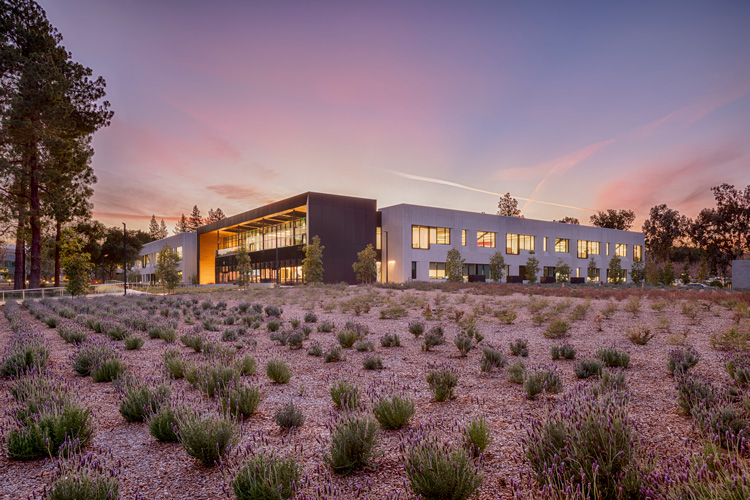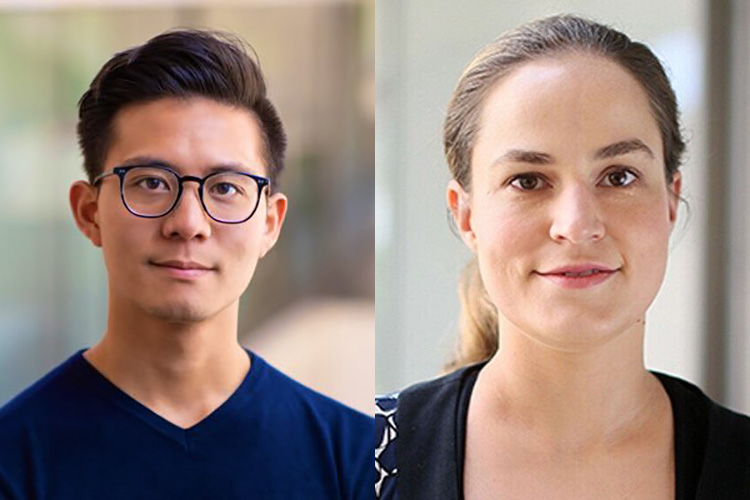UC Berkeley Partners With New Arc Institute to Tackle Complex Diseases

UC Berkeley is partnering with UC San Francisco and Stanford University as founding scientific members of a new institute that aims to accelerate breakthroughs in complex diseases.
The Arc Institute was officially launched today (Dec. 15) with the goal of developing a new model for collaborative research that brings together world-class research with unconstrained funding to enable new discoveries that improve human health.
The institute has raised more than $650 million from founding donors, including Patrick Collison, co-founder and CEO of Stripe, a financial services and software company, to fully support scientists and their research for renewable eight-year terms.
Joining Collison are founding researchers Silvana Konermann, Stanford assistant professor of biochemistry, and Patrick Hsu, Berkeley assistant professor of bioengineering.
All three were part of the team behind last year’s Fast Grants program, which, in the early days of the COVID-19 pandemic, provided immediate funding to researchers with promising ideas.

They hope to pioneer a new model for collaborative research that integrates long-term and unconstrained funding for ambitious science, new centers for the rapid development of impactful biotechnologies, and the scientific excellence of world-class research universities. By accelerating scientific progress, Arc aims to bring together scientists across many disciplines to enable new discoveries that improve human health.
“At Arc, we want to take full advantage of the ongoing Cambrian explosion in experimental and computational technologies,” Hsu said. “In addition to creating new collaborative training models, we are also committed to creating attractive career paths for scientists and engineers beyond their training period.”
The Palo Alto-based institute will focus on four core concepts to enable high-risk, high-reward science: curiosity-driven research, the creation of new career paths in science, collaborations, and support for translating discoveries into new therapies for patients.
Arc investigators will include faculty at UCSF, Berkeley and Stanford, as well as graduate students in these universities pursuing Ph.D. studies at Arc labs. Arc will provide full salary and research support for the investigators and their research for renewable, eight-year terms.
“The last two years of the pandemic have highlighted the importance of open collaboration, basic science and medical technology in advancing human knowledge and society,” said Berkeley Chancellor Carol Christ. “These are the innovative public-private partnerships that are needed to accelerate breakthroughs in the life sciences.”
